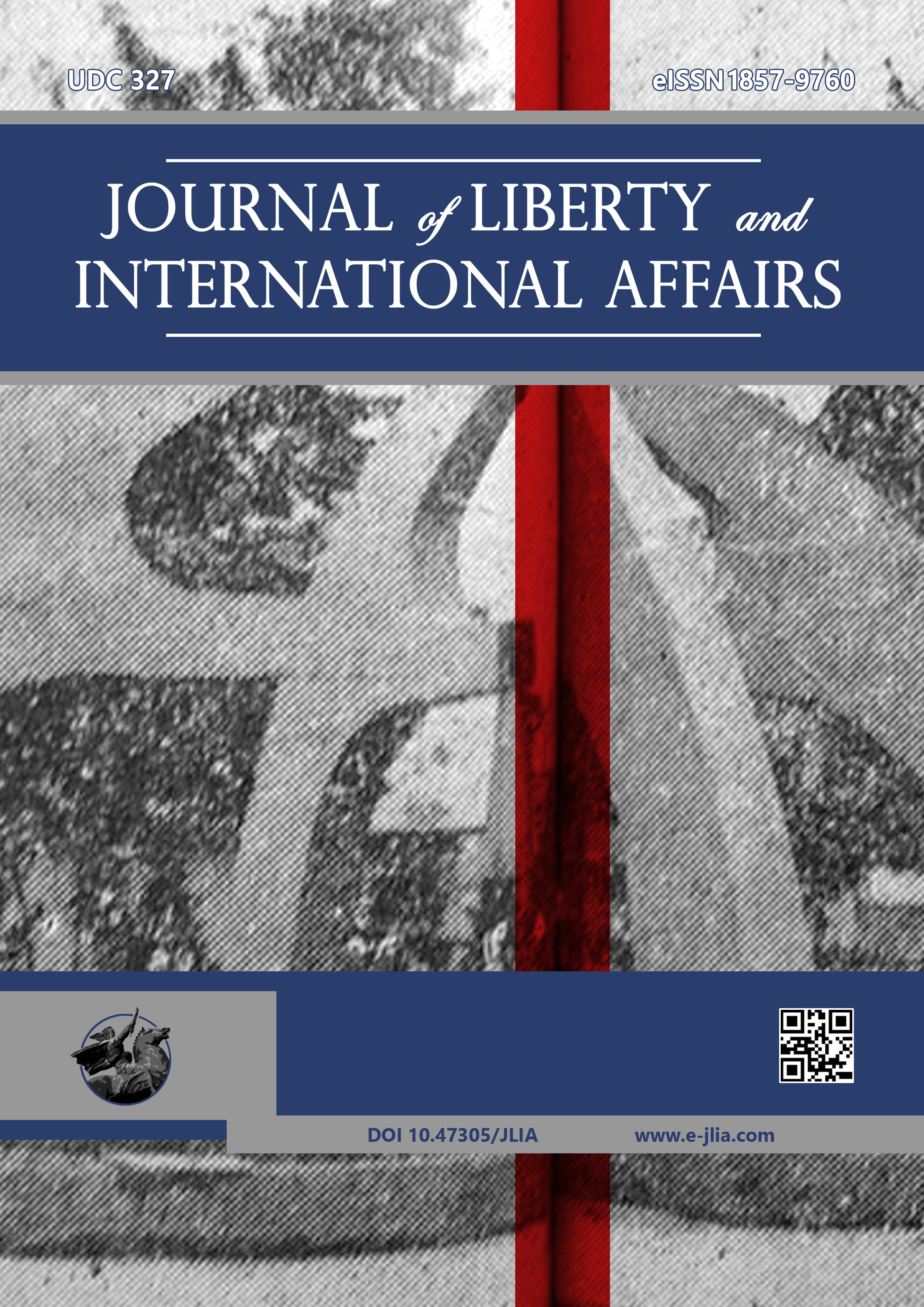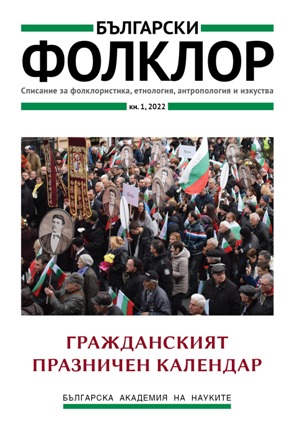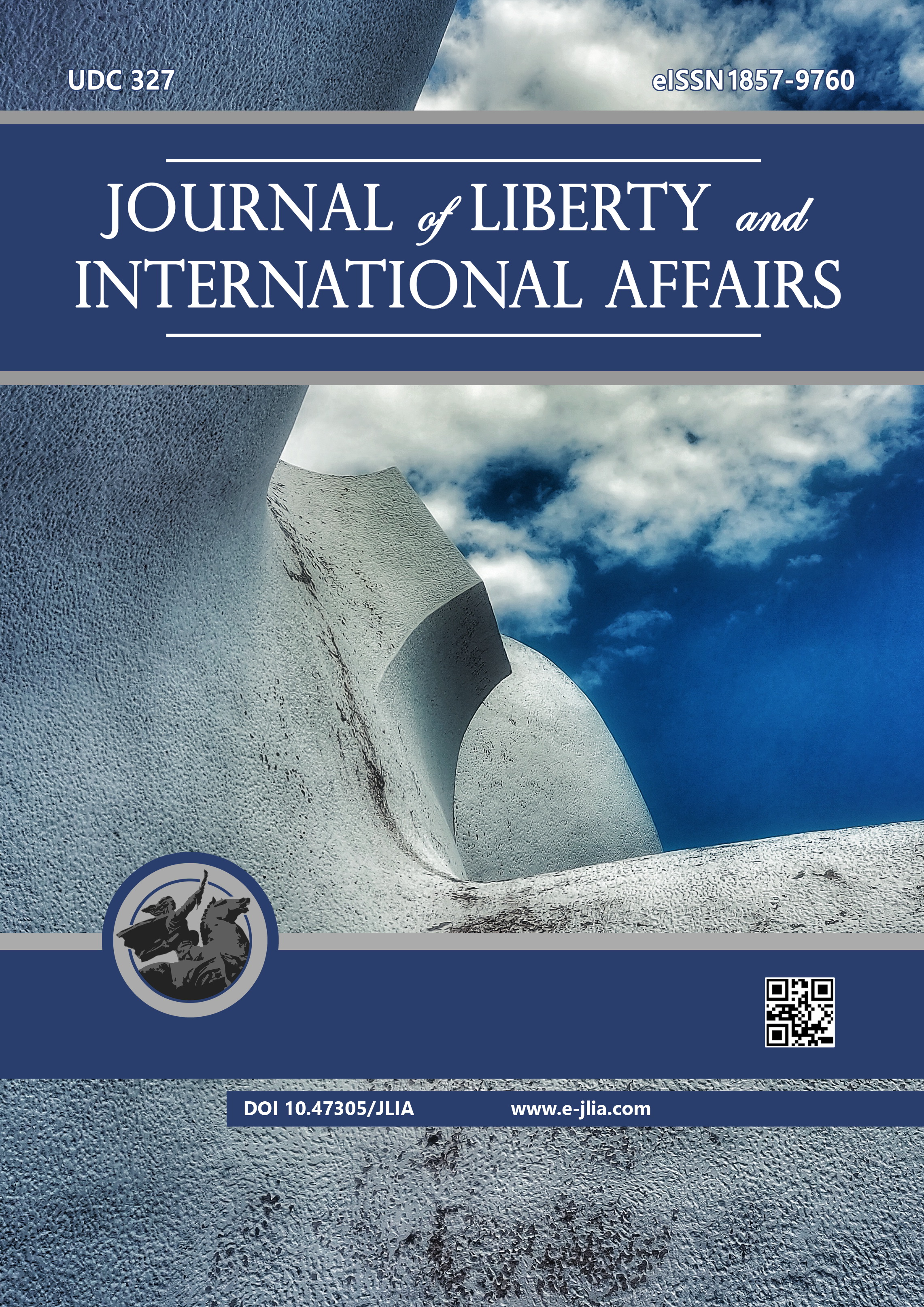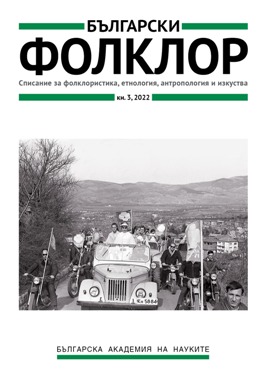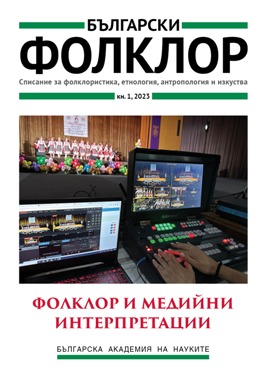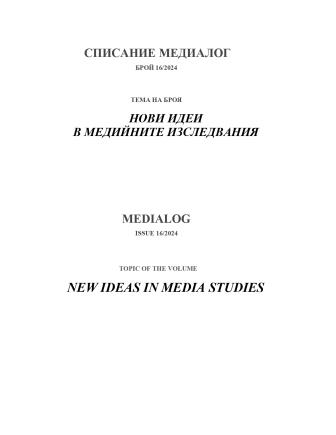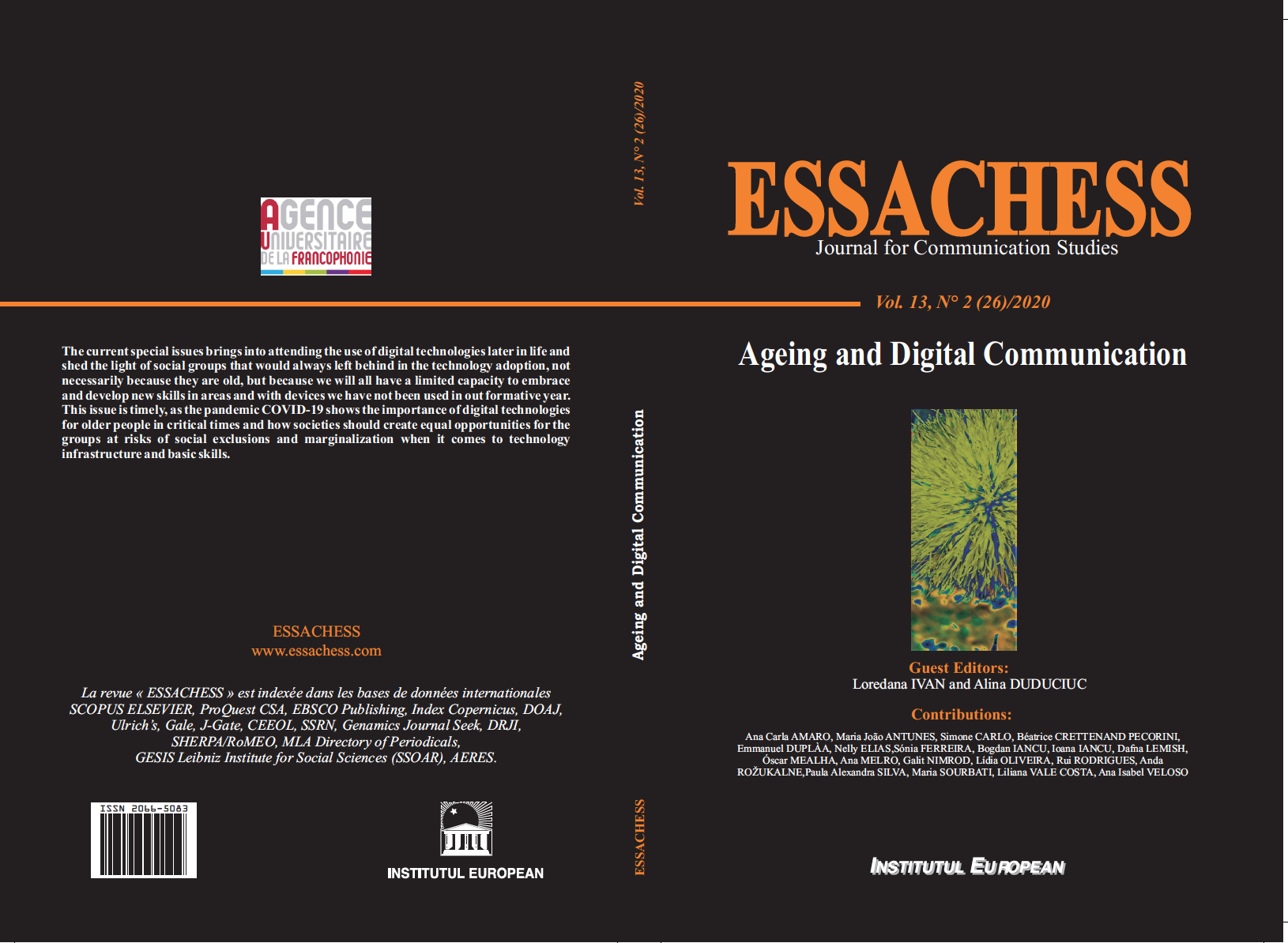
Mediating Grannies: Caring for Young Grandchildren who Use Digital Media
Based on online surveys conducted in the United States and Israel, this study explored grandmothers’ involvement in mediation of their grandchildren’s digital media use. Study participants were highly involved in restrictive, instructive and supervising mediation—and to a much lesser degree in co-use and technological mediation. Their involvement was significantly associated with their familiarity with digital media popular among children, engagement in other activities with their grandchildren, and past mediation (as mothers). Results highlighted the technical challenges older women face in their efforts to mediate their grandchildren’s digital media use.
More...
